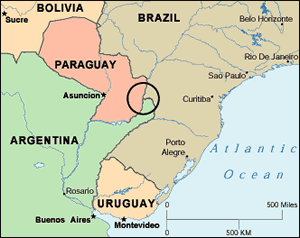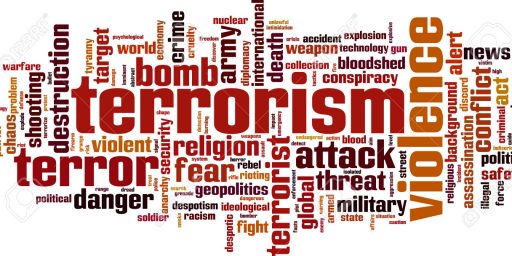TERRORISM VS. LEGITIMATE TACTICS OF WAR
Citizen Smash asks several questions about what constitutes “terrorism” and then lists several historical incidents and asks whether “acts of terrorism, or legitimate military/police actions (or both)?” He even hyperlinks the events for the history-impaired.
It’s an interesting–and complicated–question. A typical definition is offered by Martha Crenshaw:
[T]he systematic use of unorthodox violence by small conspiratorial groups with the purpose of manipulating political attitudes rather than physically defeating as enemy. The intent of terrorist violence is psychological and symbolic, not material.
That and eighteen other definitions propounded by academics, the intelligence community, and the military can be found here. The tenets most of them have in common are:
- threat or use of criminal violence
- against non-combatants
- intent to achieve political or social objectives
- performed by subnational groups or clandestine state agents
Most, but not all, definitions exclude those acts propounded by the state or its authorized representatives. So, for example, Sherman’s burning of Atlanta, the Allied firebombing of Dresden, or the use of the atomic bombs in Hiroshima and Nagaski are not terrorism. States are constrained by just war doctrine as enshrined in international law. Arguably, some of those actions constitute war crimes, however. Certainly, the rape of Nanking qualifies as a war crime, given that there was no military advantage to be gained.
A much more difficult question is raised by the Beirut Barracks bombing, Khobar Towers bombing, and the USS Cole Attack. Indeed, one could add the attack on the Pentagon (but not the WTC) on 9/11 to the list. These were acts by terrorist groups that meet all the normal definitions of terrorism except that were against legitimate military targets. As non-state actors, however, Hezbollah and al Qaeda lack legitimate authority to wage war and their use of force, even against military targets, is therefore criminal. (Although, Hezbollah was heavily supported by the Iranian regime and al Qaeda by several governments in the Middle East, notably the Taliban regime in Afghanistan.) I would characterize these actions as terrorism.




